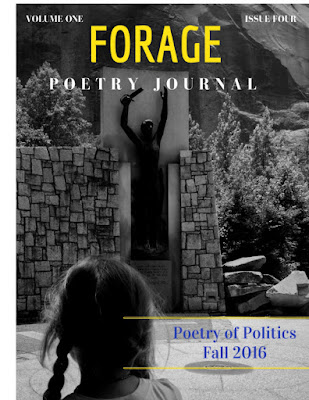I imagine many Americans, when they think about terrorism, have definitive ideas of what it means. I imagine its moral implications are clear. I have to imagine because, for me, there is no such clarity. Instead, I am haunted by the face of a small, haggard woman with a simple white hijab and the eyes of a dead woman walking.I've talked about this moment in history before. It changed the tide of Jordanian public opinion against Al Qaeda, and the woman whose bomb didn't go off haunted me for a decade.
On the night of November 9th, 2005, I was settling into bed, a Peace Corps Volunteer in a small Bedouin village in the north of Jordan. A two hour bus ride south, in the capital Amman, four Iraqis strapped with explosives walked into three hotels. Fifty-four people died, mostly Jordanian and Lebanese Muslims. One bomber lived, and a few tense days later, Sajida al-Rishawi was caught.
Very little of that is why Sajida’s small, dark-eyed face and hunched shoulders have haunted my conscience for more than a decade.
This story is particularly dear to my heart, and I couldn't be more pleased to announce that "Terrorist or Tragedy? My Struggle with the Tale of Sajida al-Rishawi" has been published at Gulf Stream Literary Magazine, the publication of the Creative Writing Program at Florida International University in Miami, Florida. Read it in its entirety online.
I found this publishing opportunity through the Duotrope Weekly Wire email.










